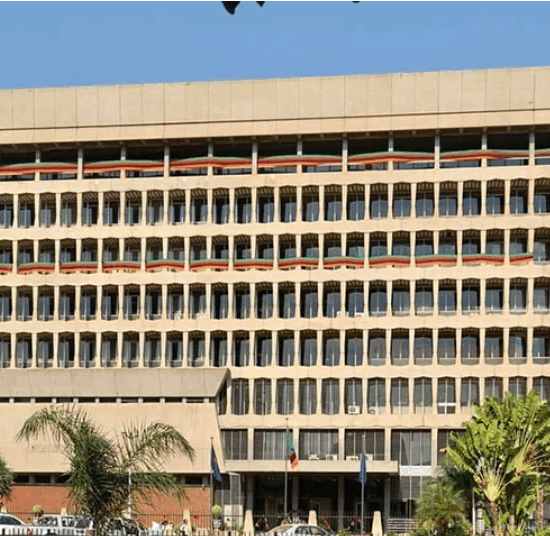The Luapula Chamber of Commerce has attributed the rising inflation in Luapula province to the high cost of fuel.
Chamber’s president, Emmanuel Musanje, explained that the province is located near the border, and people have to use expensive modes of transport like vehicles to travel to places like Nakonde, Lusaka, and Livingstone to buy goods and services which in turn, leads to high prices for these goods and services thereby increasing inflation.
The provincial inflation for Luapula has been increasing for the last four months and currently stands at 13.9% in October, up from 12.4% in September, 11.4% in August, and 10.7% in July.
Munsanje explained in an exclusive interview with the Zambian Business Times –ZBT that the cost of transport is then passed on to customers, thus contributing to the high inflation.
“For example, traveling by bus from Luapula to Lusaka costs about K400 for an individual, and if one has a consignment of goods, it is charged separately. When people unpack their goods, they consider the cost of transport, goods, and accommodation, which leads to higher prices of goods and services.”
Musanje further added that the shrinking number of people in business due to the high cost of doing business is also contributing to the increase in inflation in the province.
“A reduced number means there are very few suppliers who can dictate the price, leading to a monopoly that raises profits. However, if fuel prices start coming down, inflation will follow, though traditionally people are good at increasing, but not good at reducing when things are okay.”
He said a very small number of people in the market tend to monopolize the market to raise their profits. “But if there is way off the fuel prices to start coming down, even the inflation will follow, though traditionally people are good at increasing, but not good at reducing when things are okay,” said Musanje. In regards to this, Musanje said inflation may be hung on for quite some time up until there is that very strong indicator of stability in terms of fuel prices.
Musanje further disclosed that people in Luapula are self-sustained, though at a subsistence level as almost every household has something to eat such as Cassava, and Maize among others. He however noted that these food commodities are moved from the fields to town and other outlets which require fuel for transportation. “So despite production being within, and despite having every household almost self-sustained in food, the movements, hiring of trucks to go down in the field, those truckers will need fuel, and the increase will be justified,” said Musanje. He said it all comes down to the issue of fuel as everything is done, be it moving oneself as a human being to provide services, or vehicles are used thus the fuel component is factored into the services and goods provided.







